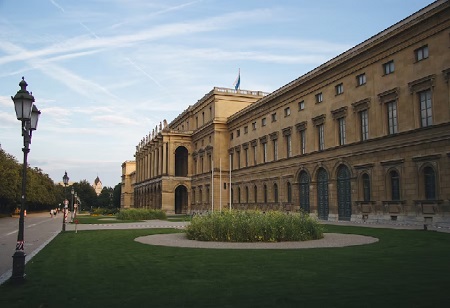In the Rajya Sabha, Education Minister Dharmendra Pradhan announced that two prestigious Indian Institutes, IIT Delhi and IIT Madras will be setting up campuses abroad in Abu Dhabi and Zanzibar. The idea behind this decision is to bridge the gap between Indian students who often pursue educational opportunities overseas and to extend the reach of Indian academic excellence beyond national boundaries.
IIT Delhi is planning to inaugurate a campus in Abu Dhabi, while IIT Madras has already established its presence in Zanzibar. This initiative aims to address the educational needs of African countries and highlights the steps taken towards the internationalization of the Indian education sector. Education Minister Dharmendra Pradhan announced this pioneering development in the Rajya Sabha, emphasizing the need to bridge the gap for Indian students who often seek educational opportunities overseas.
The education minister stated that students in India are now pressed to study abroad. Furthermore, two foreign universities have started the process of establishing their campuses in Gujarat's Gift City. Pradhan emphasized the importance of aligning regulatory frameworks with the National Education Policy (NEP) to ensure quality and fee structures that are in line with global standards while also provisioning to the needs of students.
During his speech in the Parliament, the Education Minister mentioned that the regulation of NEP is focused on the quality of education and the fee structure. A committee to scrutinize applications will be established and grant autonomy to academic institutions, which will allow more students to receive a global standard education. He proudly shared the news of global tie-ups between all IITs and other reputable institutes and asserted that the NEP would streamline further collaborations. In response to queries about reservations or affirmative action at foreign universities in India, he elucidated that these institutions would function under their respective countries' laws. He also emphasized that while Indian universities follow specific guidelines, new forms of scholarships are designed to promote diversity and inclusivity in education.

